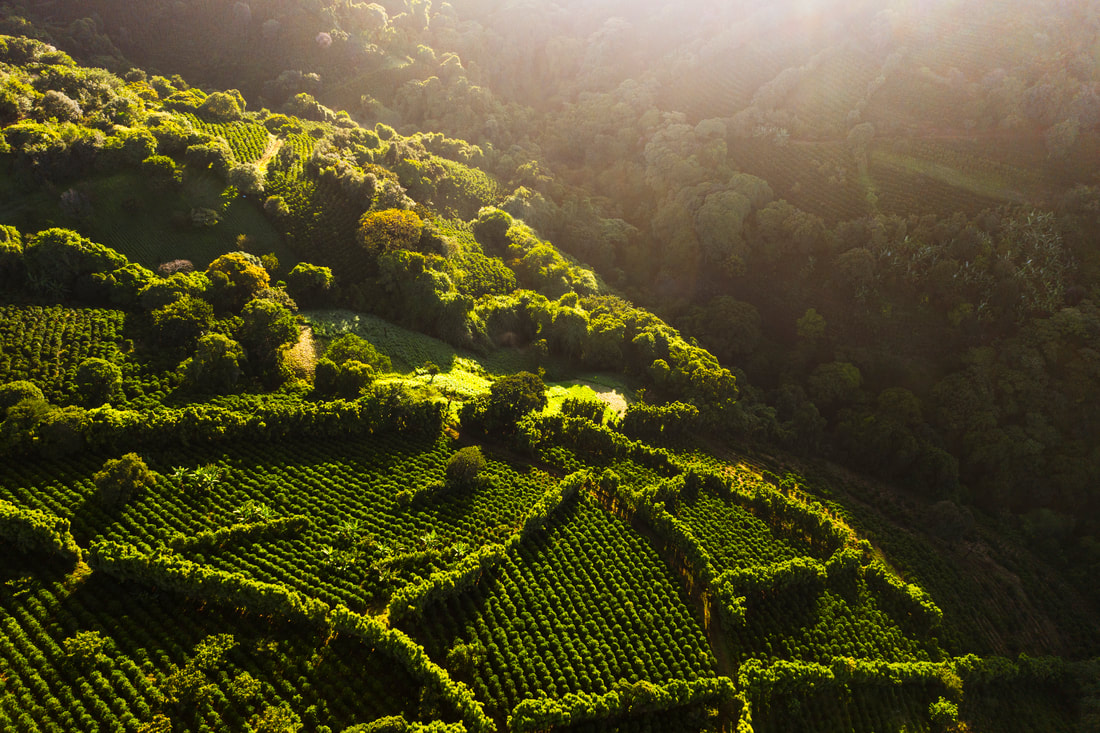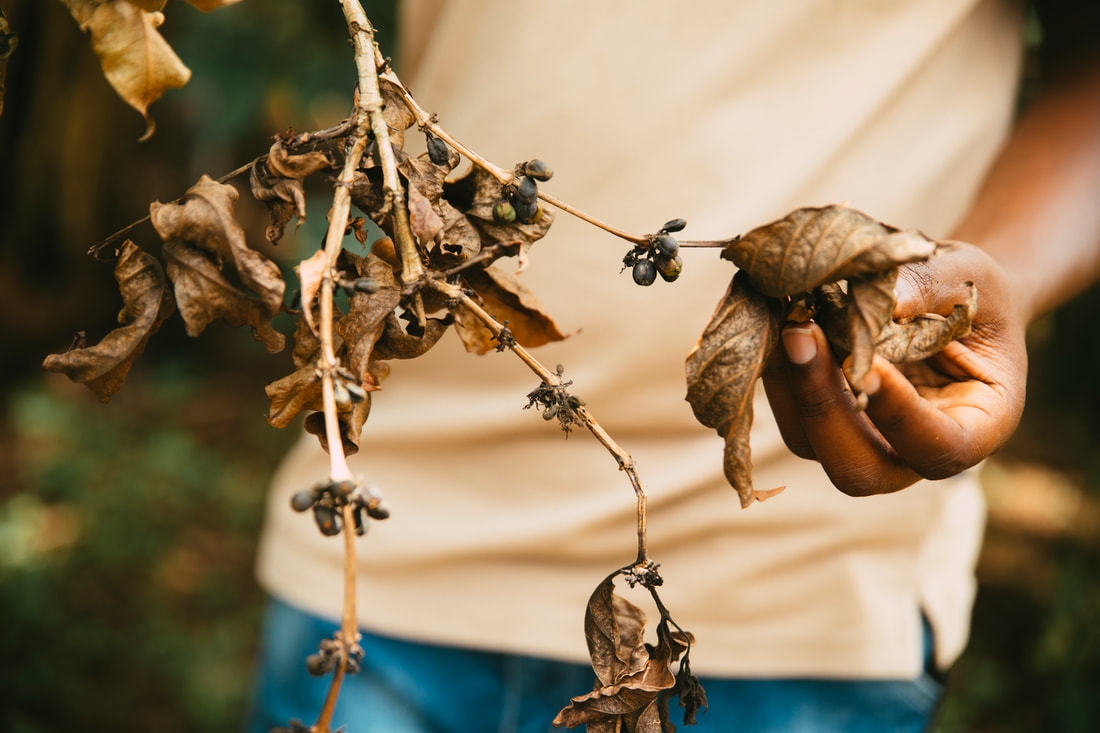|
We reached out to our 2021 Jackson Wild Media Awards filmmakers to ask them questions about the experience of making their films. Q: What inspired this story? Hedvika: As a filmmaker and photographer I have always been drawn to conservation and environmental stories. During my studies I have worked as a barista and developed a passion towards coffee. When it came to creating a final project for my degree, I wanted to make a film that would be very close to my heart. When I stumbled upon an article about coffee production being highly affected by climate change, I didn't hesitate and knew that was the story I wanted to tell. For me this story was an opportunity to not only explore a subject very close to me, but also to hopefully make an impact on the viewer and inspire change in daily habits. Q: How do you approach storytelling? Hedvika: The idea was to hook in the viewer with the thought of their daily cup of coffee being in jeopardy but to eventually make them see beyond that and realize how massive this problem is. It's not just that we might not be able to have a good coffee in the future, it is millions of livelihoods that are at stake because they depend on this crop. However, It's Bean Too Hot is a story of hope. Throughout the film we follow the characters as they work hard to adapt different solutions to protect their livelihoods. From a fully carbon-neutral farm to shade grown coffee and the role of women in farming, we discover some of the answers to successful coffee farming. The main idea of this story is that it's told by the people on which climate change has the highest impact. Characters from developing countries who struggle with the effects of climate change every day. Throughout the film we meet several characters from Costa Rica and Tanzania, each with their own struggles and ways of adapting to climate change. For the most part, the interviews were conducted in the characters' native language - Spanish and Swahili and I have also opted out of dubbing to keep the characters as raw as possible and make the viewer see things from their point of view. Q: What impact do you hope this film/program will have? Hedvika: I have always hoped for this film to have a wide audience. It doesn't reach only people interested in environmental films but everyone who drinks coffee. I wanted to draw the viewer in with the thought of their daily cup of coffee in jeopardy but when watching the film to make them see all that is connected to it e.g. livelihoods of farmers and biodiversity. I am hoping that after watching the film everyone will think about what coffee they're drinking every morning, what goes into the process of making it and hopefully, switch towards brands whose coffee is protecting the environment and farmers who grow it.
0 Comments
Leave a Reply. |
Archives
March 2024
Categories
All
|
Contact UsJackson Wild
240 S. Glenwood, Suite 102 PO Box 3940 Jackson, WY 83001 307-200-3286 info@jacksonwild.org |



 RSS Feed
RSS Feed